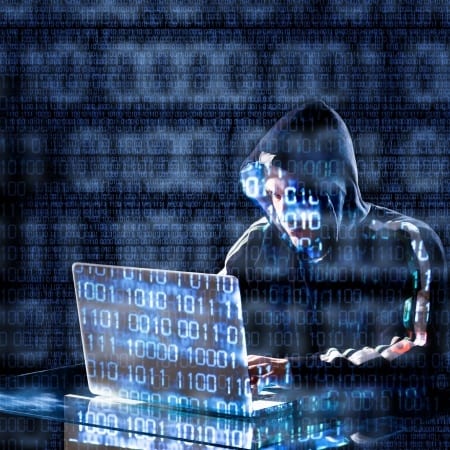 At a recent Expo this week in Madrid, more than 1,600 cyber security experts came together to test and demonstrate various software and hardware modifications and manipulation—or ‘hacking’. These professionals and hobbyists alike even competed in unique drills to test one another’s skills. These events commonly incorporate, plain clothes and official, recruiters for federal government agencies and or private contractors. Typically, some of the best come out to these events, putting their best foot forward, and sharing their knowledge and tips on computer and Internet safety.
At a recent Expo this week in Madrid, more than 1,600 cyber security experts came together to test and demonstrate various software and hardware modifications and manipulation—or ‘hacking’. These professionals and hobbyists alike even competed in unique drills to test one another’s skills. These events commonly incorporate, plain clothes and official, recruiters for federal government agencies and or private contractors. Typically, some of the best come out to these events, putting their best foot forward, and sharing their knowledge and tips on computer and Internet safety.
Here are some additional tips and worthwhile thoughts to take into consideration about (Blackhat) Hackers and why they might do what they do:
- Key logging your computer, its behavior, and your login information is profitable for hackers. Typically, this is from you opening up a link or website you shouldn’t have that was malicious in content. In today’s world of technology, rootkits and macros isn’t something that’s even commonly detected anymore. It may be as simple as accidentally hitting a pop up, clicking install, or now not clicking anything at all but just visiting a website or following a link.
- A lot of ‘hackers’ are just kids and teenagers having a bit of ‘fun’ because they’re bored—unfortunately at the financial or emotional cost of others. While subjective, recent law implementation in Spain is driving towards allowing minors at an undisclosed age to have rights to behave and make decisions online without parental consent or control in the near future.
- A UK based cyber security firm by the name of Sophos showed how easy it was to remotely access—or “hack”—into remote controlled light bulbs in a private home. Now imagine the same assault taking place against a homes wireless security system, or your wireless computer for example. Just as easy as it was to speed up the wireless light bulb flashing to explosion/fire, the same could be speculated about the ability to remotely overheat someone’s wireless computer or laptop from afar and cause a fire—evolutionary murder or arson charges and laws to come?
- Many Blackhat to Whitehat hackers whom take up cyber security jobs within major organizations commonly still fiddle around with settings and interfaces, behaving maliciously, and sometimes even turning back to their old evil or illegal ways. Some might argue that once a criminal always a criminal of sorts, and that they shouldn’t be trusted in such a manner indefinitely. At the same time, perhaps these are the most elite of the elite, and our options are thin in whom we trust or hire to protect us—could it be from their very own people? (Think: Profit)
Image credit: Benoit Daoust
